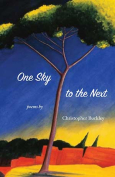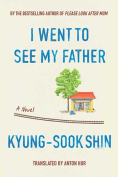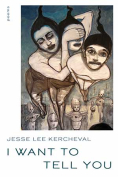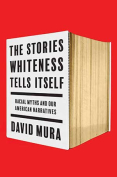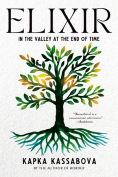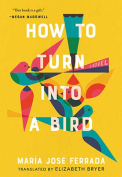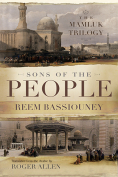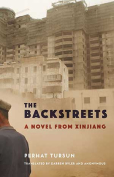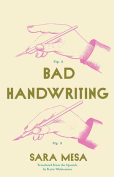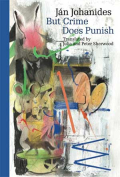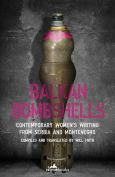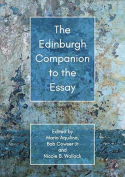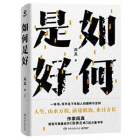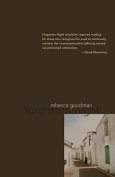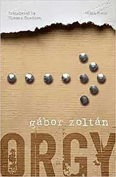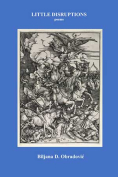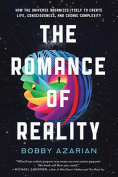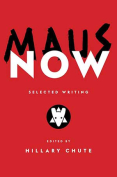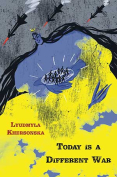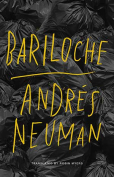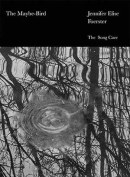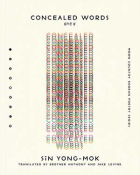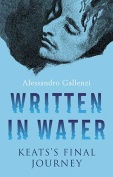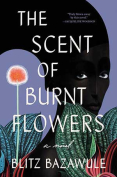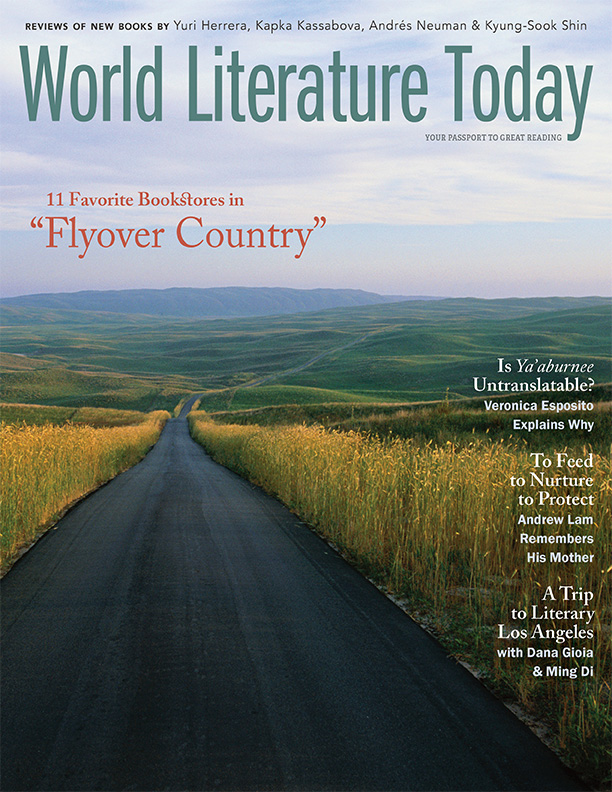Concealed Words by Sin Yong-Mok
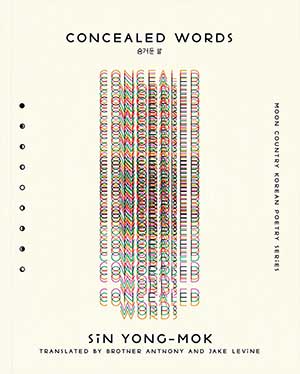 Boston. Black Ocean. 2022. 88 pages.
Boston. Black Ocean. 2022. 88 pages.
Surely Sin Yong-Mok is a humanist, albeit complexly so, his dreamlike free-verse poems both ferociously secular and transcendentally fixated. Love, sorrow, death—Frost’s so-called larger excruciations—suffuse this long book, in which ideas meander imagistically, Sin’s flâneur-poems rendering everyday scenes in and around Seoul as strange and, perhaps, fundamentally unknowable.
As such he is an unregulated mystic of sorts, fabricating a mythic oeuvre: Sin’s Concealed Words combines selections from four feted collections, and the faultlessly weird poems inhabiting this book prise language apart, holding open a sustained view of the real as wildly odd:
Between one cloud and another, a
banquet is being served
and sheets of time that transform
earnestness into holiness
hang beautifully in every window
Of course, Plato weaponizes this sort of epiphanic thinking in his agon with poets; but Sin’s unapologetic estrangements unerringly refuse to take constructions of reality on their own much-echoed epistemological terms. His is a world that is figured spectacularly, images slanting toward purposeful eccentricity: an “alley [is] bent like a carp’s backbone,” and “memories are twisted . . . as white noodles”; crossing into the high-density concrete forests of Seoul, “every windowpane [holds] a sun like an egg-tray”; on learning of their father’s death, “my brother’s tears were blood minus the red.”
In his translator’s note, Brother Anthony (An Sonjae) records Sin asserting of poetry that it has “taught me that my body is a place into which everything sinks and a place where everything is connected.” In response, his translator understands that this “is an intensely intuitive poet of the inwardness that gives rise to all true poetry.” Sin’s sublime incursions often knock the rational mind askew, and readers arrive in places where logic alone no longer makes enough sense. There is something entirely apt, indeed persuasive to insights such as “in life’s prison / fingernails made of air are being scraped by yearning”; “to a promise, waiting must be like warfare”; “intent on peeping into life, death sowed love in people.” This is a book suffused with aphoristic nubs of language that linger long after the poems disappear from a mind’s eye. Sin’s lucidities can point readers back toward ourselves, reoriented.
In “Absence,” the poet alludes to bees swarming, then stinging, and arrives at a line that might equally serve as his ars poetica: “swelling is like empty space expanding.” As if stung by experience, these poems swell with awe, pain, ardor, and wit, and their poet remains endlessly almost-astonished, foregrounding wonder as perhaps the key that enables us deeper awareness of the mysterious spaces we inhabit. One senses that, just as pointless as it may be to “us[e] a hole to fill a hole,” Sin’s poems are thought experiments that bring us procedurally closer to appearances that masquerade (and so often are mistaken) as real. Here is a poet whose surrealistic, associative non sequiturs belie deeper levels of questioning that can move us far beyond our reified contexts.
Dan Disney
Sogang University
